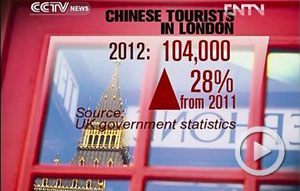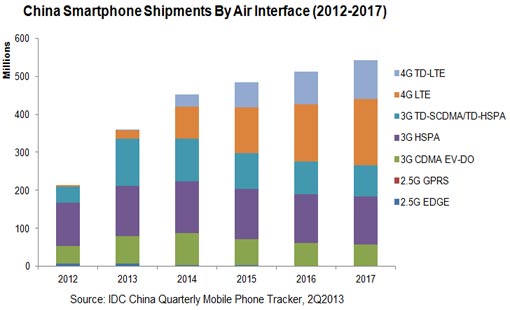Rosy data lays ground for steady growth
Updated: 2013-08-13 07:24Fears of a further decline eased by figures about industry, export
China's upbeat economic data in July eased fears the economy might further dip, and lays the ground for Premier Li Keqiang to focus on revamping the model that is considered to be crucial to China's sustained growth, analysts said.
The slew of economic data beat expectations. Industrial output for companies with an annual revenue of 20 million yuan ($3.2 million) or more saw a 9.7 percent year-on-year growth in July, up from June's 8.9 percent growth. It was the highest increase since March. Exports rose 5.1 percent in July from a year earlier, while imports were up 10.9 percent, ending the decreases in June for both figures.
"July's data showed signs the economy is stabilizing. Overall demand is also stabilizing," said Wang Yuwen, an analyst with the research and development department of Bank of Communications.
Most economists believe the economy is stabilizing, brushing aside the gloomy outlooks from just a few weeks ago. Fears that the economy would further deteriorate in the third quarter prompted Premier Li to vow to defend the "lower limit" of economic growth, preventing growth from slipping below 7 percent.
Although China has repeatedly said "adjusting the economic structure" and "stabilizing growth" are not mutually exclusive, economists feared that pro-growth measures would shift the focus while the new leadership is pushing ahead reforms that are needed for long-term growth
China has rolled out a number of measures since the middle of 2013 to help small firms. Starting on Aug 1, small companies with monthly revenue of less than 20,000 yuan were exempted from value-added tax and business tax.
Additionally, the Ministry of Environmental Protection announced a plan to fight air pollution, which will cost 1.7 trillion yuan in the next five years. Another plan to improve water quality is in the making, which is expected to cost 2 trillion yuan.
Derek Scissors, a fellow with Washington-based Heritage Foundation, said the tax suspension for small business is "the most promising" measure among all of the recent moves.
The environmental investment measures are larger versions of what was announced before. Environmental improvement would be welcome but such spending does little for the economy, he added.
Guan Qingyou, assistant dean of the Minsheng Securities Research Institute, also said the measures to clean up the environment can't be regarded as a "stimulus". "That's what should have been done in the first place," he said.
He added the market has largely misunderstood the messages released by the top leaders: while pro-growth measures have and will be adopted in some selective areas, the central line of the economic policy is reform.
"The top leadership has refreshed their mindsets while the market still considers things in old-fashioned ways," he said. "The motif now is deregulation."
Analysts said that the measures introduced are quite distinct from the large-scale stimulus package rolled out in the wake of the global financial crisis in 2008.
"The top leaders realized that the previous large-scale stimulus package without structural orientation was not workable. So this round of pro-growth measures targeted specific sectors, with an aim to adjust the economic structure and rebalance the economy," said Wang.
"In terms of comparison with 2008-09, the program then was largely about higher bank lending. If lending can remain under control, the harm done by the 2008-09 actions will not be repeated," Scissors said.
But will the new measures add to the leveraging of China, which is already at a high level?
"Whether to de-leverage or not depends on specific sectors. The top leaders might have realized the de-leveraging actions in the second quarter were a bit overdone. De-leveraging should be a gradual process," Guan said.







